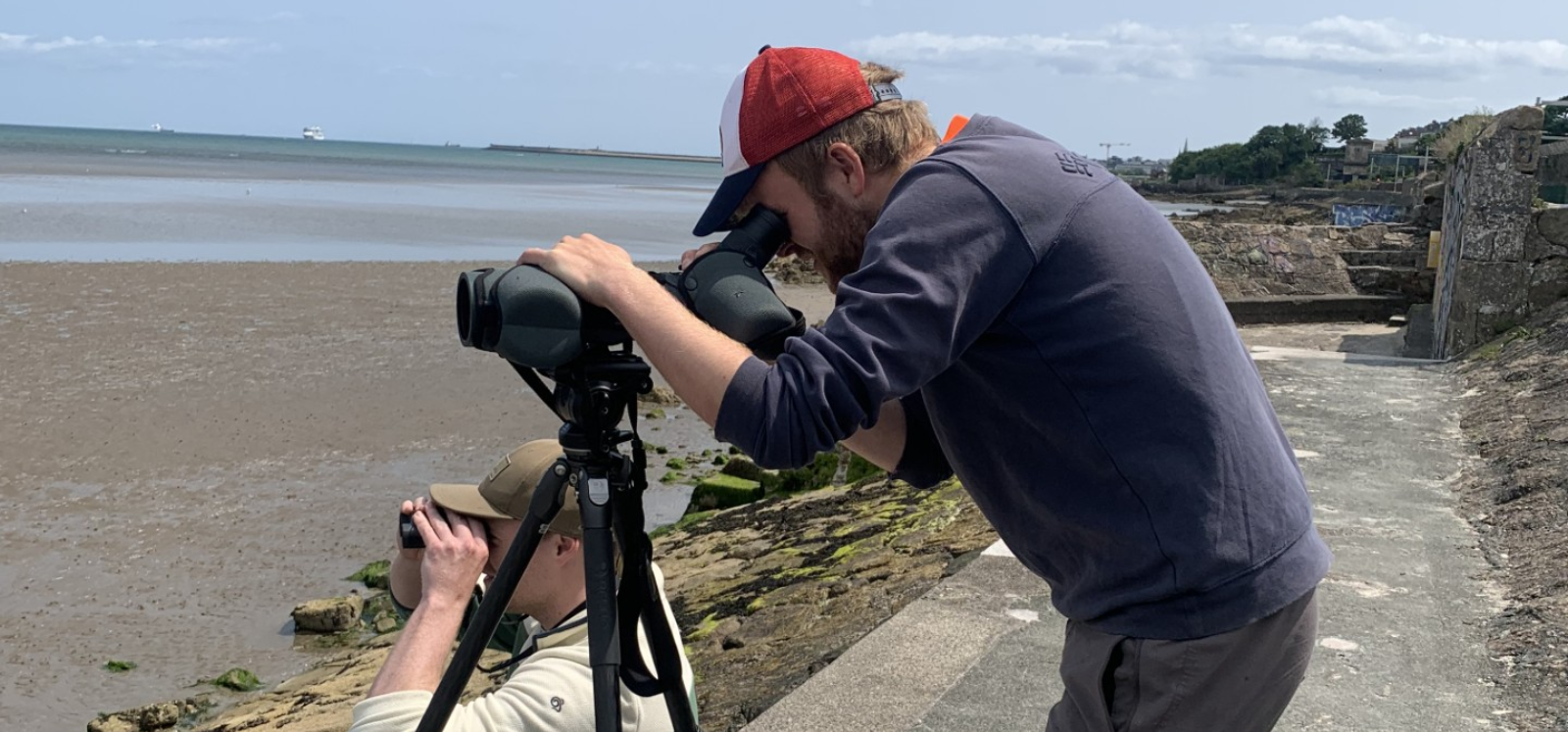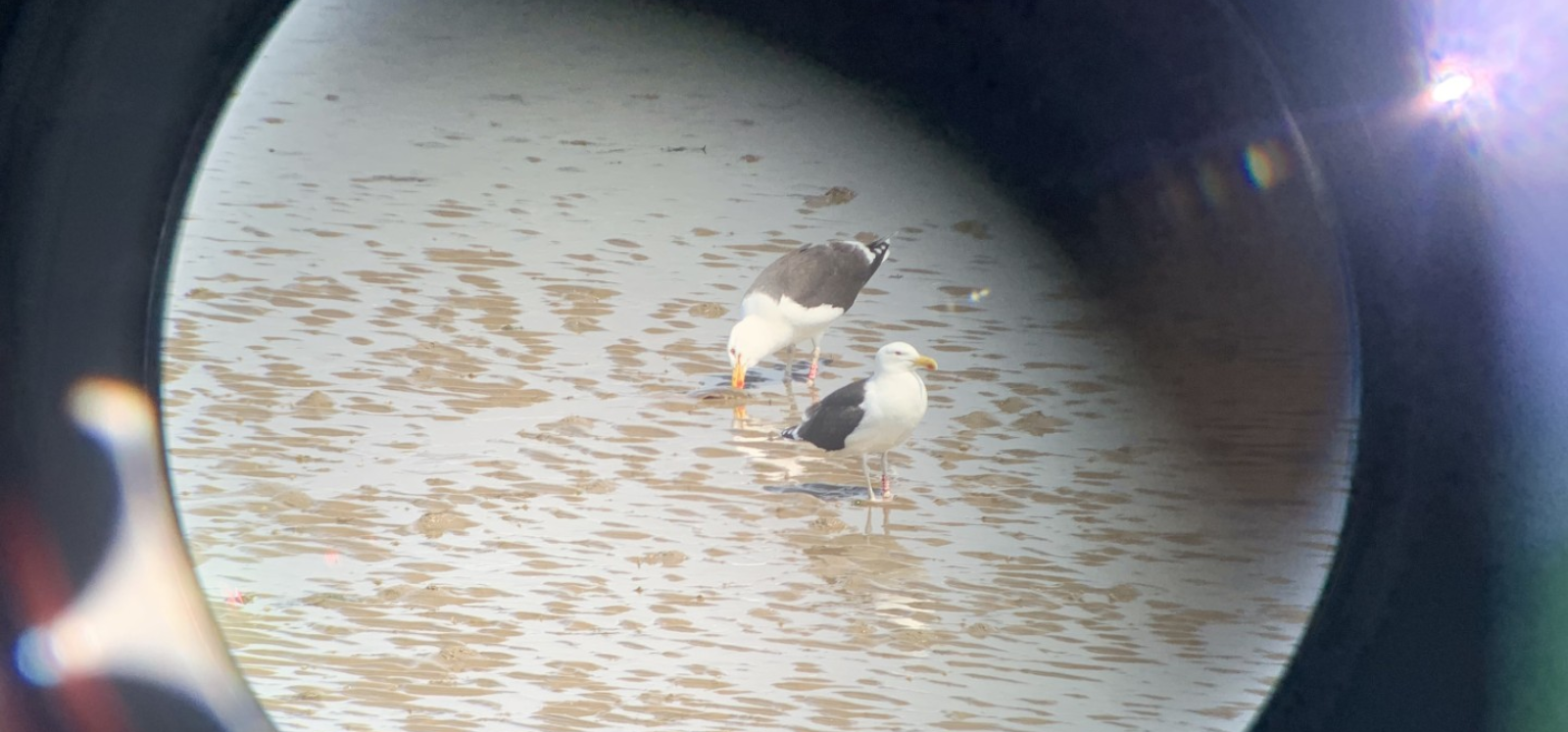My placement with RPS, Dublin
Ecological Management and Conservation Biology student, Jack Reidy, shares the first instalment of his short newsletter 'Applying Ecology,' and discusses how his first month on placement with RPS, Dublin went.

I have just completed my first month as an intern ecologist at RPS Dublin!
It’s been a very busy and exciting month. This internship forms the penultimate aspect of my ongoing Masters in Ecological Management and Conservation Biology. The Ecological Management and Conservation Biology course offers a great opportunity to undertake an industry based placement to count towards the final grade. As someone who hoped to gain experience both surveying and report writing, ecological consulting seemed to be the path that I should choose. After reaching out to a great variety of companies, I was fortunate to secure an internship with RPS Dublin.
Much of this month was spent getting to know my way around the workplace. This included meeting my team, completing introductory training and getting to know my way around Dublin. RPS Dublin is located on the in Dun Laoghaire, with a great view of Dublin Bay.
So far I have had the chance to contribute to various ecological projects. This included being both on site completing mammal and bird surveys. As well as desk-based work, contributing to important ecological reports, including bat roost assessment reports, ecological impact assessments and compiling survey data. Having the blend of outdoors field work and indoor office work is a great advantage of working as an ecologist.

The mammal surveys this month had me searching through fields looking for signs of both otters and badgers. This included searching for tracks and droppings they left behind, along with looking for their respective sleeping and denning locations. Badgers live in underground burrows known as setts. Whilst otters live in burrows found alongside waterbodies, known as holts. We were also very lucky to catch a glimpse of a kingfisher pair, likely flushed from their nest.
The bird surveys I was able to join were focused on recording the birds present alongside a coastal area over the tidal change. This helped refresh my species ID skills and reminded me greatly of my previous work volunteering with the RSPB and the BirdWatch Ireland wetland surveys (I-WeBS). Some particular personal favourites of mine that we recorded include shelduck, wheater, grey heron and oystercatcher.
Check out the first issue of my short newsletter, Applying Ecology! This issue compiles information on how to identify badger and otter droppings, a skill I learned how to complete this month. Then test your ID skills with a short quiz including examples we found over our surveys this month.
